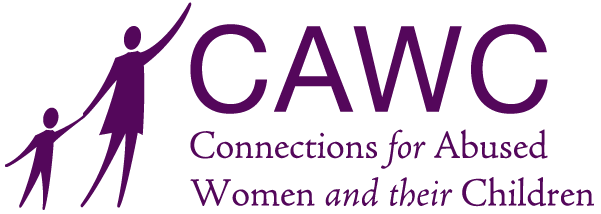Although domestic violence is a complex phenomenon, in many cases, abusers and abusive relationships display the same red flags. Knowing the risk factors and causes of domestic violence is an important aspect of being able to prevent or intervene in abuse, either for yourself or someone else.
What are the Risk Factors for Domestic Violence?
Risk factors may occur at the individual level, relationship level, or on a societal or community-wide level. If you notice any of the following signs, either in your own relationship or someone else’s, it may be a good idea to exercise caution or consider reaching out.
- A partner who is jealous, moody, aggressive, easily angered, controlling, and/or has poor impulse control
- A partner who makes verbal threats, humiliates, and/or tries to restrict their partner’s behavior or communications
- A partner who has relatively low levels of education, engages in heavy alcohol or substance use, and/or has a history of being abused as a child
- A relationship in which one or both partners are experiencing financial stress or believe in unhealthy gender norms (such as the idea that women should be submissive, or that women owe their partners sex)
- A relationship with toxic dynamics or interactions, or one with high levels of conflict or tension
- A community with high rates of poverty, unemployment, drug use, and crime
- A community with poor educational opportunities or low social cohesion
It’s important to note that while the presence of risk factors may make domestic violence more likely, it’s not a definite correlation. For example, not all people with low levels of education are abusive, and not all relationships experiencing financial stress are doomed to experience domestic violence. Conversely, the presence of risk factors doesn’t exonerate an abuser of responsibility—domestic violence is still a choice, and no one deserves to be treated that way.
At Connections for Abused Women and Their Children (CAWC), we believe that everyone has a right to a life free of violence. Our mission to end domestic violence is rooted in education, service, and advocacy. In addition to working toward broader social change, we provide empowerment-based and trauma-informed support in the form of shelter, counseling, and advocacy to individuals affected by domestic violence and their children. If you or someone you know is struggling with domestic violence, don’t hesitate to call our 24-hour hotline at (773) 278-4566. To support our work, consider volunteering or donating.
